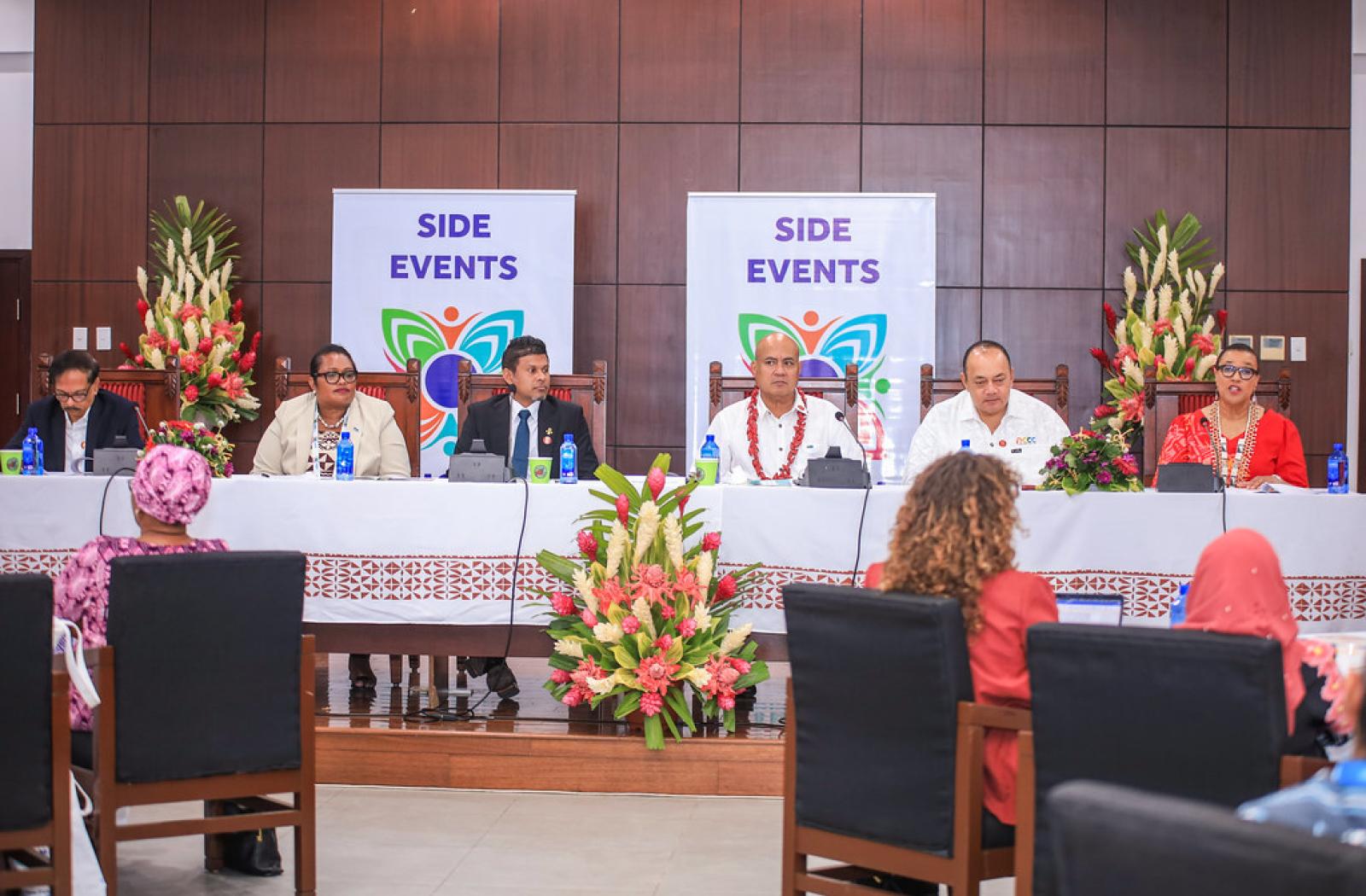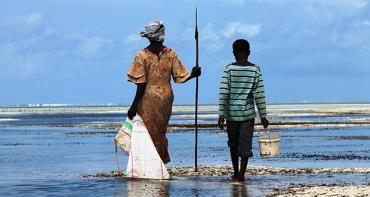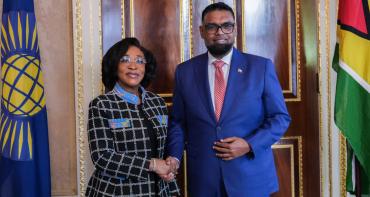Delegates from Commonwealth countries have called for "bold and innovative action" to tackle the out-of-school youth crisis worsened by climate change.

Millions of children and youth around the world are out of school, particularly in vulnerable regions, such as small island developing states, rural areas, and conflict zones. Currently, 128 million boys and 122 million girls are out of school, and 57% of the world’s children lack basic skills.
As part of effort to address this, the Commonwealth Secretariat hosted an event on “Empowering Resilience: Education for Climate Action, Inclusive Growth, and Sustainable Economic Development” on 24 October 2024 on the margins of the Commonwealth Heads of Government Meeting.
Attendees, including ministers, educators and youth leaders, examined the power of education to build resilience, equality and the economy and discussed strategies to create education systems that can withstand the intensifying impacts of climate change.
Speaking at the event, Hon Hamoa Holona, Tuvalu’s Minister for Education and Human Resources Development, built on his country’s efforts to give participants Pacific context on the importance of education-based solutions in building resilience.
Dr Manos Anthoninis, Director at UNESCO, quoted research to urge countries to make sure education systems mirror the current climate realities.
He said:
“Effective curriculum revision is key to achieving this goal. Research highlights the importance of involving educators and stakeholders in the revision process, ensuring in-service training, and fostering a collaborative environment.”
Responding to the discussion, Ambassador Amina Mohammed, former Kenyan Cabinet Secretary for Education and Foreign Affairs said:
“We must make it accessible and relatable, beyond mere academics. Young people are rational; if we explain the reasons behind climate change, the importance of involvement, and the benefits of tree planting, they'll fully absorb it,”
she said.
Bold policies, bold action
Research suggests that some Commonwealth countries have been at the forefront of working with both local and global stakeholders to implement policies that ensure all children have access to education, regardless of climate vulnerability or economic status.
Hon. David Sengeh, Chief Minister of Sierra Leone, talked about his government's bold action to spend 20 per cent of its budget on education.
Young climate activist and Commonwealth Youth Award winner Brianna Fruean called for funding to combat misinformation and engage youth in climate solutions.
Drawing from her personal experience, she highlighted the impact of non-traditional education methods, such as music, poetry, and art, on young people.
“Education must be inclusive, creative, and empowering,” she said. “We need to amplify young voices, breaking the silence and fostering a generation of climate leaders”.
Layne Robinson, Head of Social Policy Development at the Commonwealth Secretariat, gave an overview on the Price of Inaction" report, a collaborative effort by UNESCO, OECD and the Commonwealth Secretariat, which breaks new ground by quantifying the consequences of early school dropout and inadequate basic skills acquisition.
The report underscores the urgent need for policy action to address the devastating consequences of educational shortcomings, emphasizing the importance of quality education for all.
Media contact
-
Temitope Kalejaiye, Public Relations and Engagement Officer, Commonwealth Secretariat



